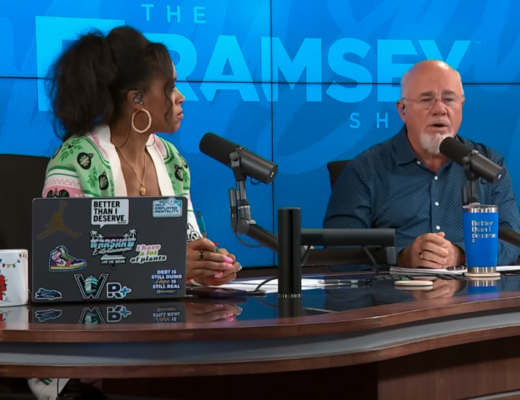After the long holiday break, business executives expect to be questioned about their organization’s reaction to the “Omicron” variant.
How will business be affected by the Omicron variant of COVID-19 in the New Year? Firstly, effective collaboration is likely to result in far-reaching repercussions for any business organization and its stakeholders. However, according to a new CEO poll, the efficiency of such a partnership may be in doubt.
The WHO has declared the Omicron variety a “development of concern” and has imposed travel restrictions globally. Omicron’s contagiousness, mortality, and reaction to current Covid-19 vaccines are yet unknown. It has, however, harmed the financial markets, forced several nations to declare emergencies, and reignited global pandemic “fatigue” and fear.
And for most boards, Omicron isn’t merely an extension of Delta; it’s not “same old, same old.” It’s different because of the uncertainties, riddles, and the building pandemic weight on virtually everything and everyone.
So much is at risk for business leaders to ignore or postpone responding to this new trend. Plans must be made to meet internal and external constituent concerns. According to The Wall Street Journal, several corporations are already evaluating the issue, consulting with health experts, and implementing interim safety measures.
Board of Directors Tracking with Management?
Management and its board of directors must be on the same page for responsive actions to be genuinely successful. That may not be easy given two recent developments in corporate governance. An essential new poll on CEO perceptions of board effectiveness is one such development.
The poll, conducted by PwC and The Conference Board, included approximately 550 public company CEOs. These findings indicate a lack of CEO faith in corporate governance concerning this new pandemic crisis. The poll found that CEOs had a low opinion of their board’s performance. Only 29% of respondents said their boards were “good” or “excellent,” while 55% thought they were “fair.”
Particularly concerning was the number of CEOs who said their boards lacked readiness, involvement, and experience to assist steer their firms through crises and challenges.
Following a succession of Delaware rulings, governing boards are no longer immune from liability for failing to establish an adequate management-to-board risk reporting mechanism. In other words, failure to act is an invitation to disaster.
The most recent ruling emphasizes giving directors information on “mission-critical” issues, including regulation and product/consumer/worker safety.
Soliciting Third-Party Opinions of Omicron
These experiences, and the requirements for management-to-board communication, imply that boards will be more driven than in the past to monitor management’s reaction to mission-critical risks closely. This is because the scope of government supervision has broadened to include a wide variety of issues that an interested third party deems significant to the organization.
Leading governance principles state that the board’s involvement in business matters assists the senior leadership team.
The board should also handle crises (like the epidemic and its waves). In other words, work closely with management to seek solutions. Management and the board should examine information flow. For instance, return to work plans, worker safety measures, updates to company resilience plans, reactions to government guidelines and regulations, employee retention, supply chain issues, and more.
The board and senior leadership team must work together to resolve these concerns. That collaboration may be difficult to sustain if the executive leadership does not value the board’s input or often assumes management-like responsibilities. Business leadership can successfully react to the Omicron variant and other future threats. However, you, as the leader, must handle those potential conflicts.
“Business as Usual” Still Far Off?
In the framework of any company’s Omicron reaction, the business must address these conflicts directly.
Engage the board and senior leadership early in the Omicron planning process on crucial concerns like fiduciary duty in crisis scenarios and CEO expectations of director participation. The virus won’t wait for official facilitation. Don’t you wait to have your back against the wall. Otherwise, you’ll be back to square one.
Together, the chair and CEO can help the parties reach a consensus that will allow for a coordinated Omicron response. The survival of your company may depend on it.






